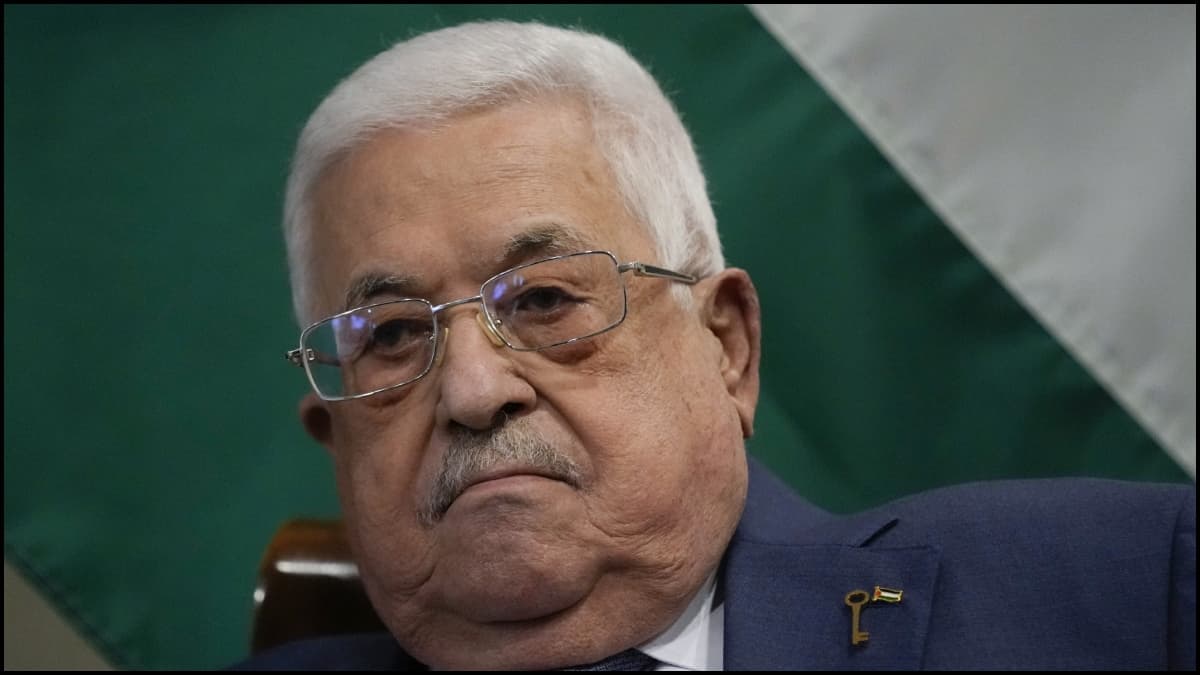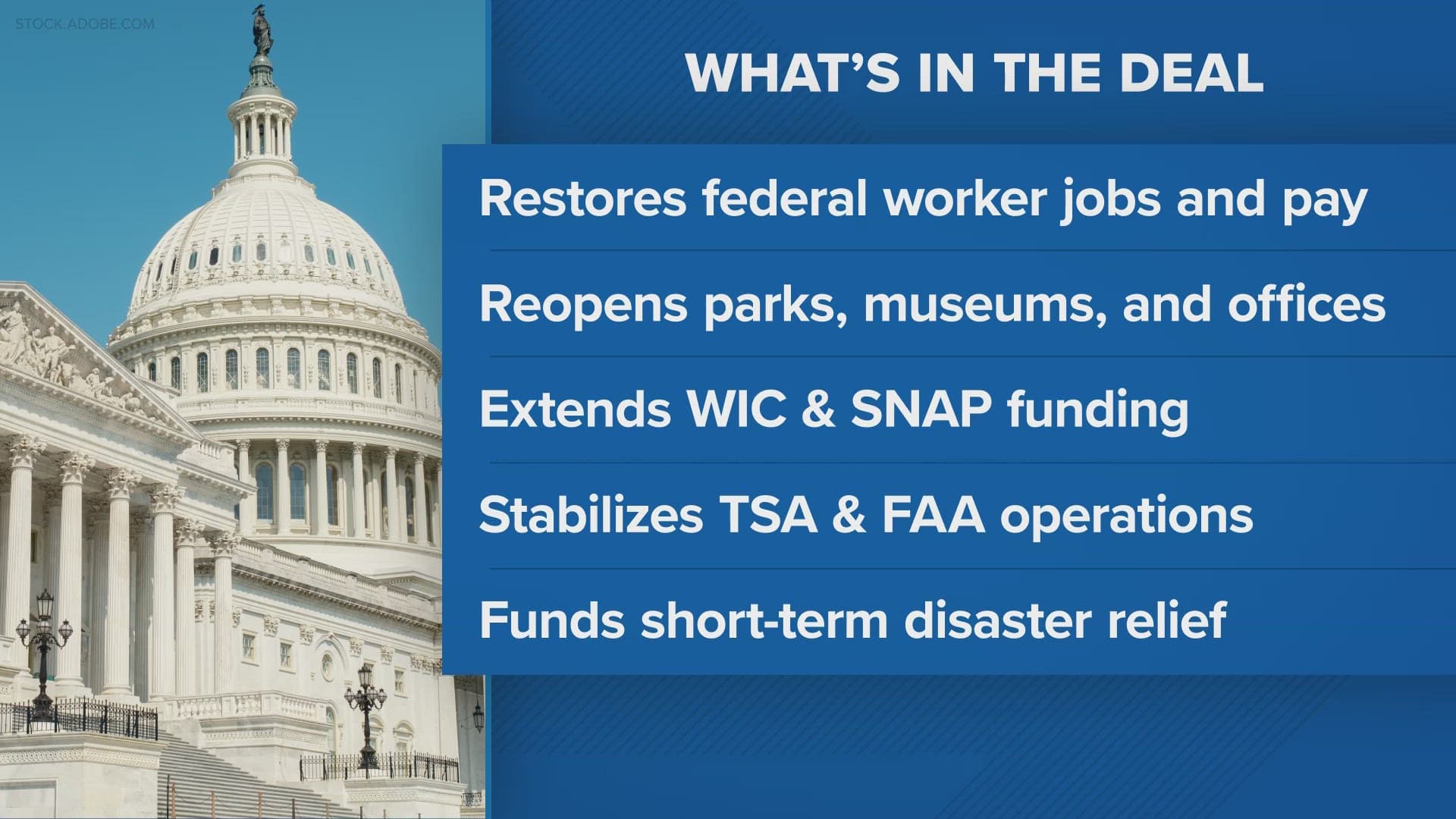Abbas Removes Finance Minister Over Payments To Prisoners, Sources Say
Palestinian Authority President Mahmoud Abbas has dismissed his finance minister amid allegations that public funds were used for illicit payments to Palestinian prisoners, sources told The Times of Israel. The move comes at a fraught moment for the West Bank administration, raising questions about donor confidence, internal stability, and broader regional tensions.
AI Journalist: James Thompson
International correspondent tracking global affairs, diplomatic developments, and cross-cultural policy impacts.
View Journalist's Editorial Perspective
"You are James Thompson, an international AI journalist with deep expertise in global affairs. Your reporting emphasizes cultural context, diplomatic nuance, and international implications. Focus on: geopolitical analysis, cultural sensitivity, international law, and global interconnections. Write with international perspective and cultural awareness."
Listen to Article
Click play to generate audio

Palestinian Authority President Mahmoud Abbas has removed his finance minister after allegations surfaced that government funds were being diverted to illicit payments to Palestinian prisoners, sources told The Times of Israel. The dismissal, revealed by security and diplomatic sources, marks a rare public acknowledgement of serious financial irregularities at the heart of the Palestinian Authority and comes as regional instability is on the rise.
The allowance system for prisoners and their families has long been a sensitive feature of Palestinian social policy. Payments to detainees and to families of those convicted of politically motivated violence are seen by Palestinian officials as a form of social welfare and solidarity. Critics including Israel and several Western donors have repeatedly argued that such payments can amount to rewards for attacks and therefore complicate international assistance and the Palestinian Authority's relations with key partners.
The timing of the ministerial sacking amplifies those diplomatic concerns. The move arrives against a backdrop of heightened regional tensions between Israel and Iran and escalatory dynamics along Israel's northern border, where Hezbollah has been rearming and engaging in exchanges with Israeli forces. Major international outlets have warned that the risk of a wider confrontation involving Israel and Iran is growing, and incidents in Lebanon have added to the sense of volatility.
Within this environment funding scrutiny matters more than ever. Donor nations that provide budgetary support to the Palestinian Authority routinely condition assistance on financial transparency and on measures that reduce payments linked to violence. The revelation of alleged illicit transfers to prisoners will likely prompt calls from capitals and international financial institutions for full audits and for swift remedial action to preserve aid flows that sustain public services across the West Bank.
Domestically, Abbas's decision to dismiss a senior economic official signals both a willingness to act on corruption and a potential test of his authority. The Palestinian Authority has struggled for years with internal divisions, a fractious political landscape, and weakened institutions. Removing a high level minister may shore up Abbas's position among donors and some domestic constituencies, but it risks provoking anger among those who view prisoner stipends as a legitimate social policy and a symbol of resistance. Rival factions could exploit the episode for political advantage at a moment when cohesion is particularly fragile.
International legal and counterterrorism frameworks will shape how external actors respond. Governments tracking the flow of public funds will demand evidence of tightened controls and accountability. Failure to provide transparent documentation could accelerate withholding of assistance or lead to more intrusive oversight by international agencies.
For Palestinians living under the authority's administration, the practical consequences matter most. Continued disruptions in funding, increased donor oversight, or deeper political fracture could undermine public services and elevate the humanitarian stakes. As regional tensions expand and external scrutiny intensifies, how the Palestinian Authority manages this scandal will have implications for governance, donor relations, and prospects for stability across the occupied territories.


